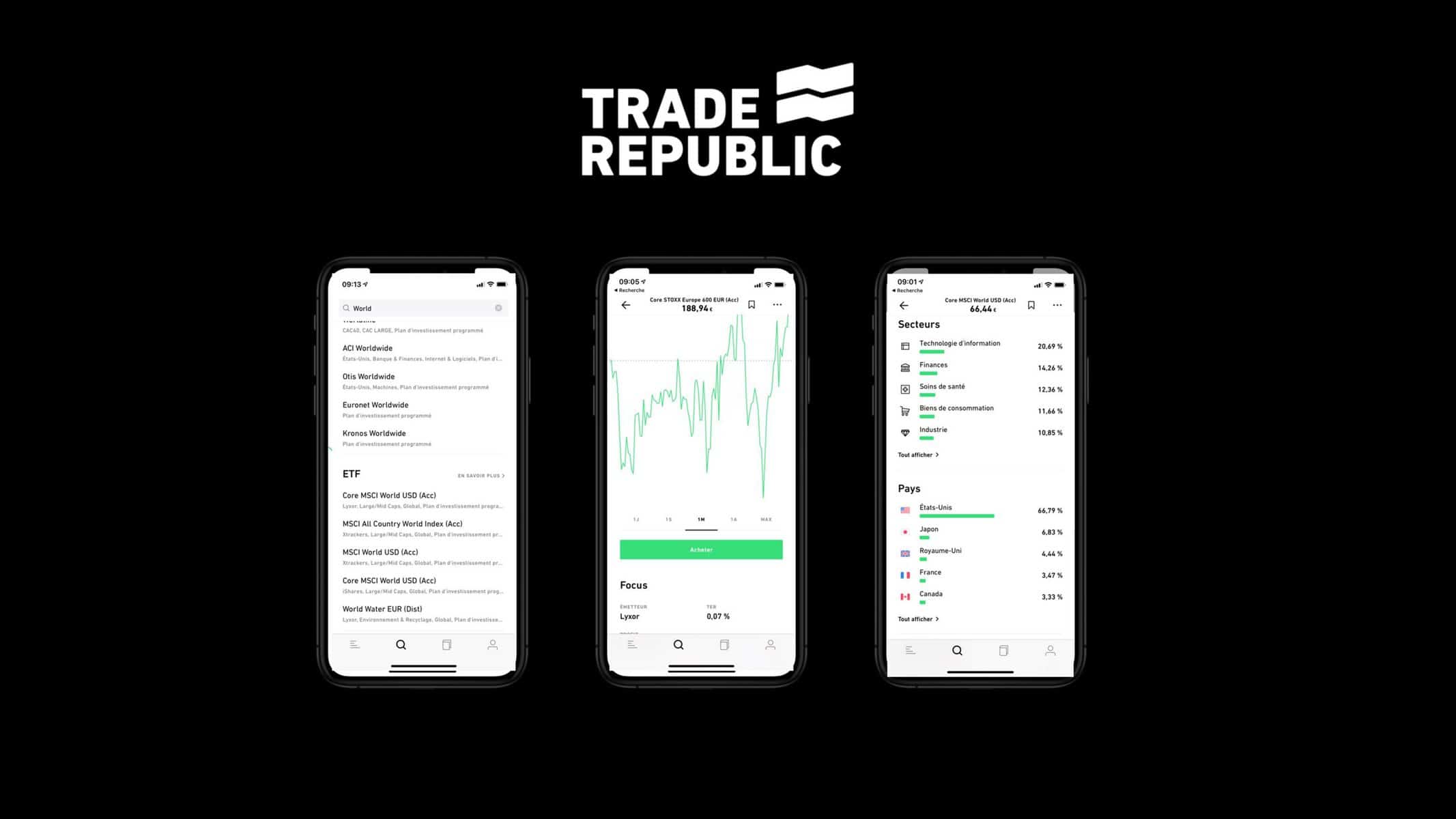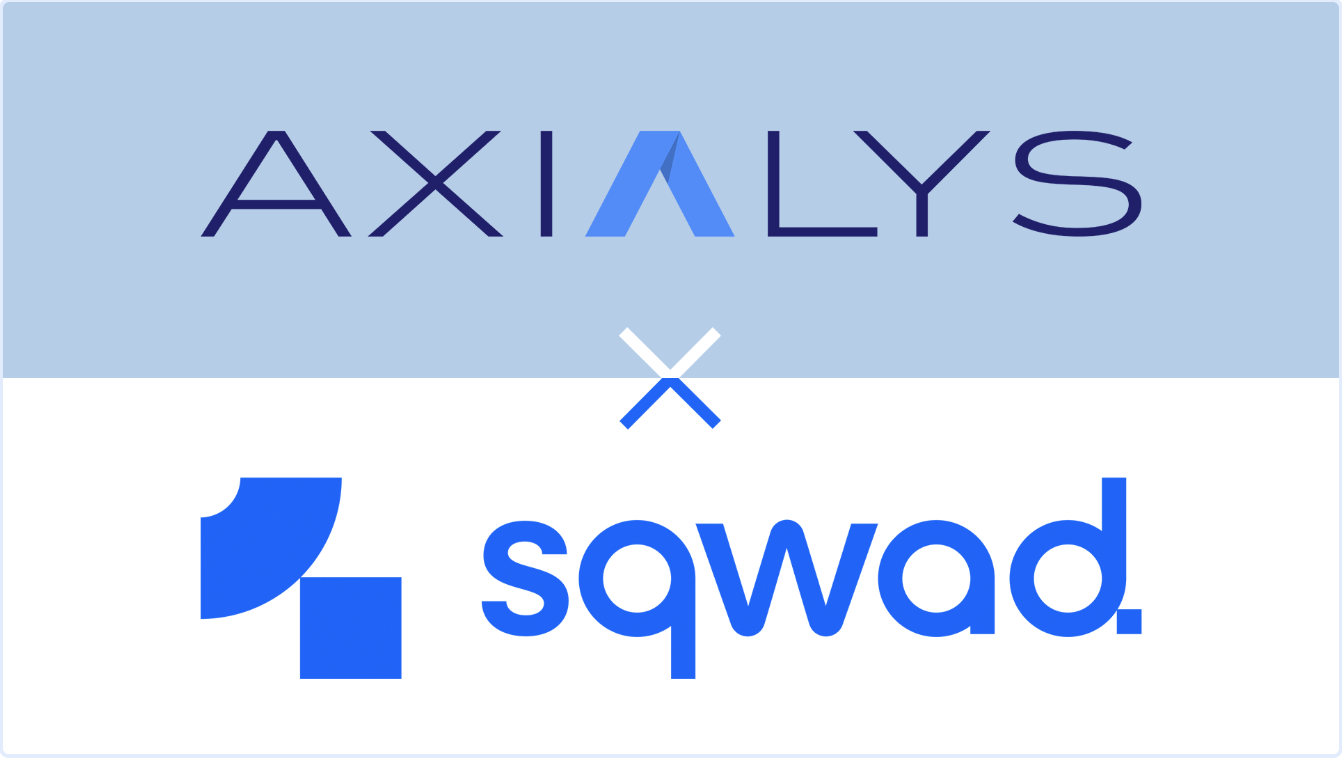The main challenges of telesales in insurance
Maxime Santilli (Sqwad) : “To begin with, can you remind us of the major challenges of telesales in the insurance sector today?”
Arnaud Delpierre (Insurance Couple) : “The first challenge is to improve the image of insurance through quality telesales, which allows sales to be made while respecting customer satisfaction.”
To begin with, the major challenges of telesales in the insurance sector today lie mainly in commercial performance, regulatory compliance and customer satisfaction. According to Arnaud, one of the major challenges for insurance telesales players, such as Dékuple Assurance, is to improve the image of insurance, a sector that is sometimes perceived as aggressive. The priority is therefore to combine effective telephone sales with strict compliance with standards and a quality customer experience. For our expert, telesales insurance must therefore make it possible to achieve commercial objectives while ensuring a positive customer relationship that complies with regulations.
Understanding regulatory constraints
Maxime Santilli (Sqwad) : “Can you go into a bit more detail about regulatory constraints?”
Arnaud Delpierre (Insurance Couple) : “We are governed by both the Consumer Code and the Insurance Code, and each of our employees must be certified and trained to ensure that telesales are compliant and respectful of the customer.”
As explained by Arnaud above, the regulatory constraints of telesales insurance are numerous and deeply structure the activity of telesales insurance agents. Concretely, selling by telephone in insurance involves strict compliance with telephone canvassing, obtaining the necessary approvals, as well as the establishment of supervised sales channels. Each stage, from product presentation to pre-contractual information, to electronic signature, is regulated to protect the consumer and ensure insurance compliance.
At Dékuple Assurance, this is reflected in a strong requirement: call recording, consent control, follow-up by a dedicated compliance team and continuous training for employees. Thus, telesales insurance aims not only to optimize commercial performance, but also to guarantee total transparency and an irreproachable customer experience.
Training of telephone advisers: AI at the service of skills
Maxime Santilli (Sqwad) : “Was this team supported by tools or even AI that you would have recently integrated?”
Arnaud Delpierre (Insurance Couple) :”We have not yet found the miracle tool, but we have chosen to integrate AI into employee training, rather than directly into sales compliance.”
Concretely, Dékuple Assurance is now using AI to analyze the quality of speeches, identify points of progress and support telesales insurance agents in their skills development. The next step will be to apply these technologies to insurance compliance, in particular through speech-to-text and automatic script analysis solutions.
A key component concerns initial and continuing training. To effectively prepare new employees, Dékuple Assurance created virtual personas: fake customers generated by AI and trained with the company's scripts and products. “Instead of simple role-playing games, our employees are now training with AI personas, which allows them to arrive in production much more at ease,” explains Arnaud.
These simulations, sometimes gamified with different levels and customer profiles (such as seniors for health offers), make it possible to strengthen the confidence of new entrants. Result: as soon as they are first put into production, the teams exceed the initial objectives, achieving 65% performance instead of the 50% expected during the first month.
Regarding continuing education, it is based on a quality grid that analyzes all aspects of a call: introduction, voice rhythm, terminology, objection management and the quality of the closing. As Arnaud explains, the objective is to systematize monitoring: “Thanks to speech-to-text and the analysis of the recordings, each employee goes through the same grid, which guarantees a neutral and fair evaluation.”
Unlike simple sampling by a supervisor, the AI tool applies the same criteria to all conversations, without subjective biases. This makes it possible to precisely identify areas for improvement, whether they are commercial rebounds or the management of objections, and then to propose targeted exercises with adapted virtual personas. Thus, insurance telesales becomes a continuous learning process, oriented both to commercial performance and customer satisfaction.
AI as support for telephone advisers in real time
Maxime Santilli (Sqwad) : “Would you consider real-time support from a call center advisor?”
Arnaud explains that today Dékuple Assurance uses AI mainly asynchronously, through the analysis of records. But in sales that last an average of 30 to 40 minutes, real-time support would indeed be a major asset: AI could immediately signal to an advisor that he has forgotten information that is mandatory for insurance compliance. Currently, an oversight forces the customer to call the customer back to go through the entire legal phase, which is time-consuming and harms the customer experience.
AI does not replace human relationships
Maxime Santilli (Sqwad) : “As for salespeople, you could think for a while that AI would replace them. But these are complex sales (...) so it may not be right away. How do you reassure them?”
Arnaud Delpierre (Insurance Couple) : “At the moment, I don't see a robot talking to a customer with the same level of relationships and emotions as a salesperson.”
In the field of telesales and insurance, the fear that artificial intelligence will replace telesales insurance agents is a recurring topic. However, Arnaud wants to be reassuring as he said above, apparently robots will not replace salespeople anytime soon.
Indeed, insurance sales are not simple transactions: they last an average of 30 to 40 minutes and require a detailed understanding of needs, the ability to build trust and the management of objections in real time. All of these elements rely on the relational intelligence and empathy of advisors.
AI, even if it is progressing rapidly, remains a support tool. It can assist call center agents by reducing errors, facilitating insurance compliance or by offering ways to improve through the automatic analysis of scripts. But it cannot replicate the emotional wealth and human flexibility needed for sustainable business performance and optimal customer satisfaction.
So, far from replacing advisors, AI reinforces their role by helping them focus on what they do best: creating a relationship of trust and turning a conversation into a real customer experience.
Measuring the effectiveness of AI in insurance telesales: performance indicators & engagement
Maxime Santilli (Sqwad) : “You mentioned the gains in conversion rates thanks to AI. Beyond this result, do you have other indicators that show the effectiveness of these tools, whether in initial training or in continuing coaching?”
Arnaud Delpierre (Insurance Couple) :”For the moment no, because we are in the process of setting up the entire continuing training part [...] to have the reports, the statistics per employee”.
For the moment, Dékuple Assurance does not yet have accurate statistics to measure the effectiveness of the tool on the continuing training of telesales insurance agents, as the implementation of individual reports is still in progress, Arnaud Delpierre that they are currently in the process of implementing them. But despite the absence of quantitative data, the tool shows a positive impact on employee engagement. The fun and interactive aspect of virtual personas encourages call center agents to train themselves and make progress on their commercial discourse: “There is an interest in playing with customers in order to progress and improve your speech, and that's quite positive.” explains the expert. This approach not only strengthens individual skills, but also improves business performance and reduces production errors.
In addition, the appropriation of the tool varies between managers: some managers use it intensively and create a natural diffusion effect among their teams, while others still remain behind. Arnaud emphasizes that this process should gradually generate a snowball effect, with increased adoption and measurable benefits in terms of compliance, assurance and performance monitoring.
AI and telesales insurance: what innovations are transforming the business?
Maxime Santilli (Sqwad) : “What do you think are the next evolutions you imagine for AI in insurance sales?”
Arnaud Delpierre (Insurance Couple) : “When I listen to the market, I hear echoes that there are already real-time reminders, real-time alerts on speeches or information that are being pushed because we have decided this or that thing.”
Regarding the next evolutions of AI in insurance sales, Arnaud Delpierre is considering several areas related to insurance telesales and the improvement of insurance compliance in real time. He explains that AI could make it possible to immediately alert telephone advisers or supervisors during a call, by reporting mandatory passages or by identifying missing information: “We have this real-time compliance part that could be interesting”.
In addition, AI could be used to capture and analyze data from telephone conversations with customers, even if they are not directly useful for immediate sales. This information then makes it possible to better know the customer, to personalize the offers and to identify new commercial opportunities: “With a good discussion, you learn a lot about the customer”.
Arnaud emphasizes that these developments are not yet in production, but they represent a real playground for telesales innovation, making it possible in the long term to combine commercial performance, customer satisfaction and intelligent exploitation of data captured during calls.

.png)
.png)


